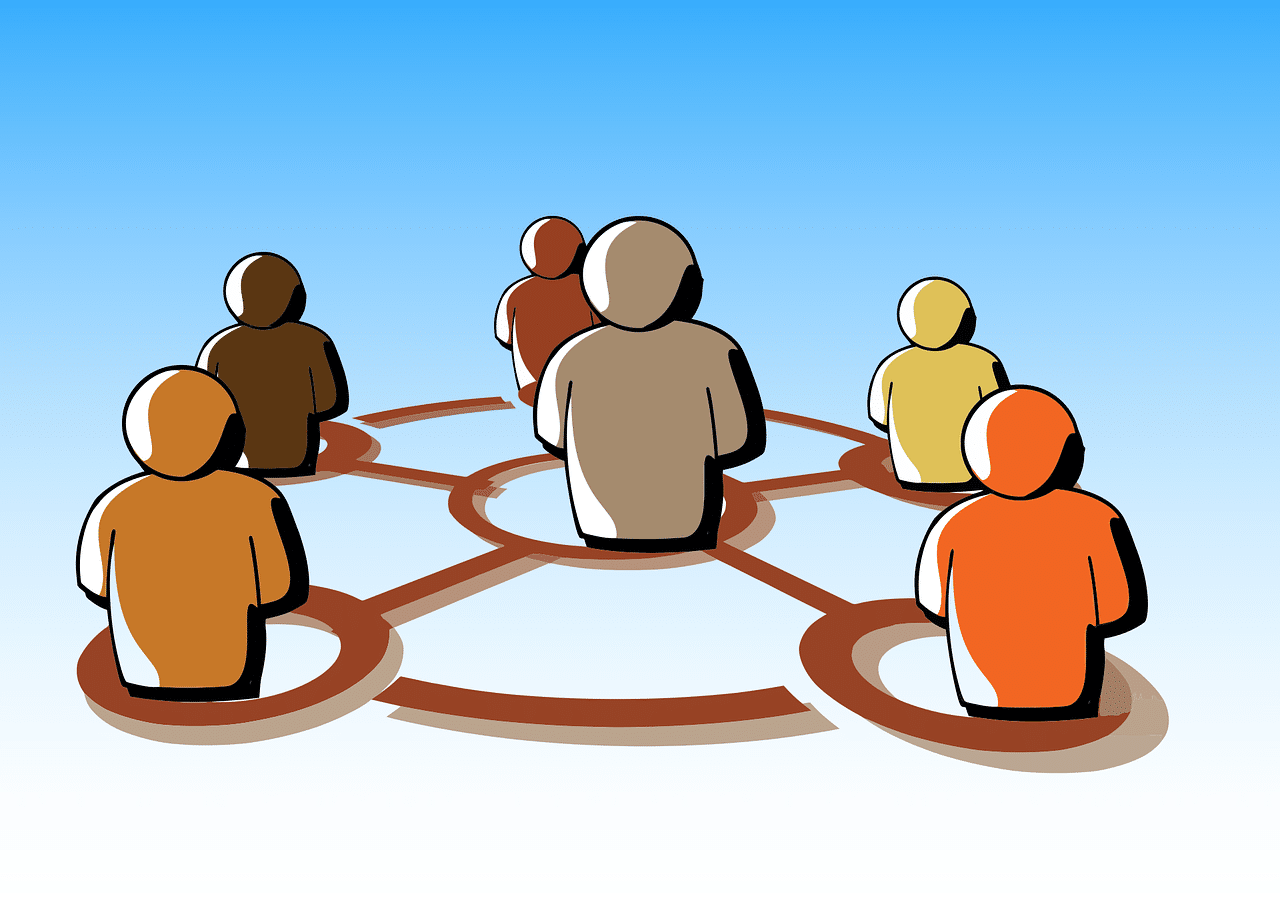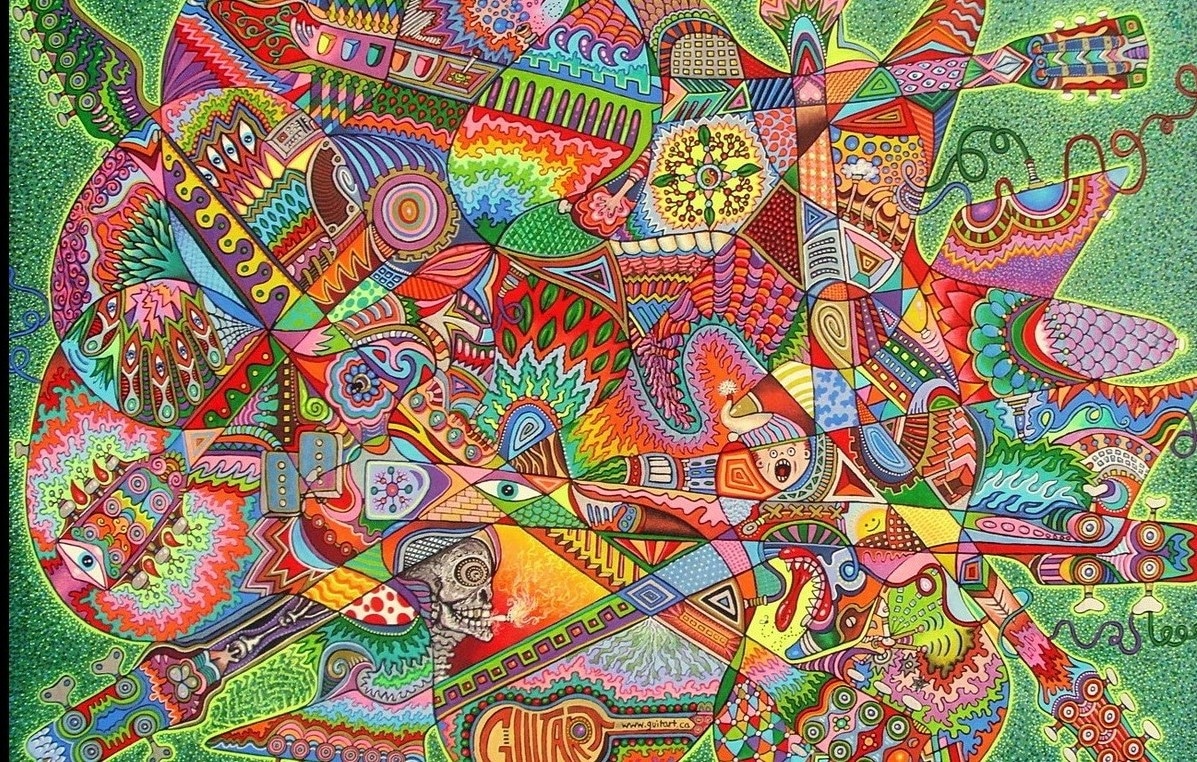
Image Source: Flickr CC User Seattle Municipal Archives
Historically, in cultures where psychedelics were an integral part of ceremonial life, the shaman or priest/priestess wore many hats. As masters of nonordinary states of consciousness, they were called on for many different tasks both large and small, from the finding of a lost item to curing the sick to directing the tribe on where to hunt and how to appease the forces of the spirit world. Among the many roles that these ceremonial leaders played was the crucial position of being a psychologist or therapist of sorts, helping people to overcome doubts, indecision, and grief, placing into context the fantastical visions and experiences that accompanied their tribe’s psychedelic ceremonial life.
Whether these psychedelic experiences were extremely rare or regular, the shaman was defined by their grasp of how to navigate altered states of consciousness and the most beneficial ways to integrate lessons learned while journeying on psychedelics into daily life. While this way of teaching has been lost to many modern doctors, there are more medical professionals who are willing to take on this role and incorporate psychedelic integration into a regular health regimen — it’s just a matter of finding them.
Rediscovering a Lost Art
While today we have an ever-advancing understanding of the chemistry and measurable effects of psychedelic substances, our cultural aptitude surrounding these powerful medicines is meager compared to the millennia-old traditions that passed down knowledge and best practices for hundreds of generations. The good news is that while we have a lot of catching up to do, western medical professionals are rapidly starting to catch on to both the importance of psychedelic research and therapy, and the various strategies that can be used to help people integrate psychedelic experiences after they occur. No longer the realm of hippies and rebels, doctors and mental health workers are now learning to wield the shaman’s wisdom of psycho-spiritual integration and helping people to process and integrate the fruits of their psychedelic journeys in lasting and positive ways.
Why Seek Help?
As shamans have understood since time immemorial and Western medicine is rapidly rediscovering, psychedelics are some of the most potent psychological healing tools that are known to man. Psychedelics have a knack for bringing people in touch with hidden and repressed parts of themselves that would otherwise take years of counseling to uncover. Coming face to face with these shadow aspects of ourselves presents an immense opportunity for growth, but can also be incredibly challenging. Sometimes the revelations that people come away with, such as leaving an abusive relationship, changing careers, or embracing a new lifestyle, are very difficult to integrate. Psychedelic integration coaches are there to assist people in the hard but important work of holding on to psychedelic insights and weaving them into people’s day to day lives one step at a time.
Where to Find Help
While psychedelic integration is not quite a household term, there are many doctors and counselors in the mental health field who are standing up and making it known that they are able to assist people with post-psychedelic integration. One of the forerunning psychedelic education and research institutions in the world, the Multidisciplinary Association for Psychedelic Studies (MAPS), has a page on their website that lists individuals and organizations that are able to help people in this way. The doctors, counselors, and groups listed span across Arkansas, California, Colorado, Massachusetts, Montana, Missouri, New Mexico, New York, Ohio, Texas, Virginia, Washington, Wisconsin, Puerto Rico, Costa Rica, Great Britain, and Spain. Even if you don’t live close to one of these locations, groups like the Barcelona-based ICEERS (International Center for Ethnobotanical Education Research & Service) offers remote counseling to people anywhere in the world. This is only the small beginnings of a movement that is sure to greatly expand in coming years, but it’s wonderful to see that help is out there for people looking to treat psychedelics not as a recreational trip, but a journey of personal growth.











Hello,
My name is Gabriella and I have smoked cigarettes since I was about 13. I have quit off and on over the years, but nothing seems to “stick”. I saw this video on YouTube about the psychedelic mushrooms that help people quit for live, AND it helps them just FEEL better. I live in CO and I don’t know that there is a place around here that prescribes or treats with this type of medicine, but I am hoping that maybe I can get pointed in the right direction. I have done the patch, CO Quit line, gum, laser treatment and the lozenges. I am sick of smoking, the smell, the cost and what it does to my personality (when I don’t smoke).
Thank you,
Gabriella
I am inquiring about finding a practitioner who practices paychodelic medicine. I find it hard to find in NYC